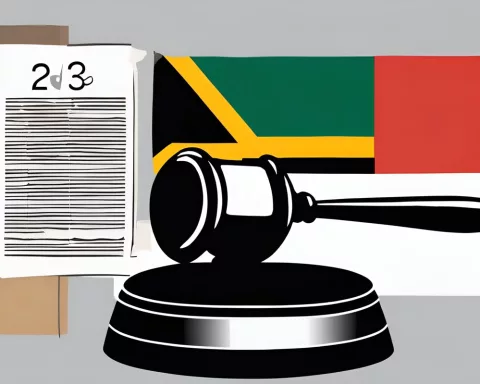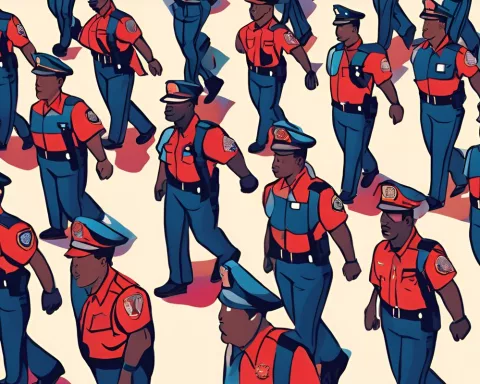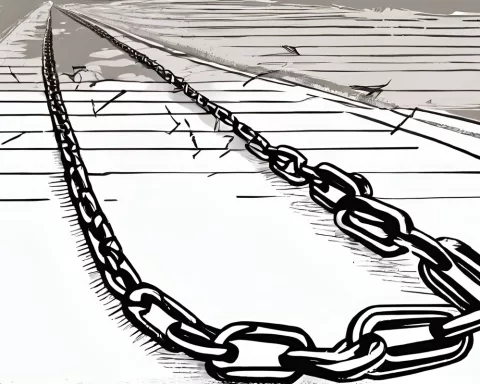The Johannesburg Metropolitan Police Department (JMPD) has announced that its on-duty officers will wear body cameras to combat corruption and bribery in South African roads. The initiative is in response to public complaints of misconduct by JMPD officers, including corruption, bribery, extortion, and kidnapping. The introduction of body cameras aims to ensure transparency and accountability among law enforcement officials.
Skepticism Surrounding the Use of Body Cameras
Although many South Africans have welcomed the introduction of body cameras, some remain skeptical about their effectiveness in reducing corruption. Skeptics argue that officers determined to engage in illegal activities could bypass the surveillance provided by body cameras. Others counter that the presence of cameras may deter such acts and protect both officers and citizens.
Corruption in South Africa
The deeply-rooted issue of corruption in South Africa has led some to doubt the efficacy of body cameras. Corruption has plagued multiple sectors and institutions in South Africa for years, making it seem improbable that a single solution, such as body cameras, could solve the issue entirely.
Benefits of Body Cameras
Despite these challenges, body cameras represent a crucial step towards addressing corruption and fostering trust between the police and the public. The introduction of body cameras aligns with the global trend towards increased transparency and accountability in law enforcement. In countries like the United States and the United Kingdom, body cameras have been adopted by various police departments with positive results. Studies have shown that the cameras can reduce the use of force by officers and the number of complaints against them.
In addition to promoting transparency, body cameras can also serve as valuable tools for training and performance evaluation. By allowing supervisors to review footage of interactions between officers and citizens, the cameras can help identify areas where additional training or guidance may be required. This can lead to improvements in overall policing and help foster a culture of professionalism within the department.
Challenges and Limitations
While body cameras offer numerous benefits, their implementation is not without challenges. High costs are associated with purchasing the equipment and maintaining the data storage infrastructure, which could strain the resources of already underfunded police departments. Additionally, privacy concerns may arise as a result of increased surveillance, making it imperative to establish strict guidelines for the usage and storage of the footage.
Although body cameras may not be a panacea for all the issues plaguing South African law enforcement, they represent a crucial step towards addressing corruption and fostering trust between the police and the public. It is essential to recognize the potential benefits of this technology, as well as the challenges and limitations it may present. By working to address these concerns and continually striving to improve law enforcement practices, South Africa can move closer to a future free from corruption and crime.












